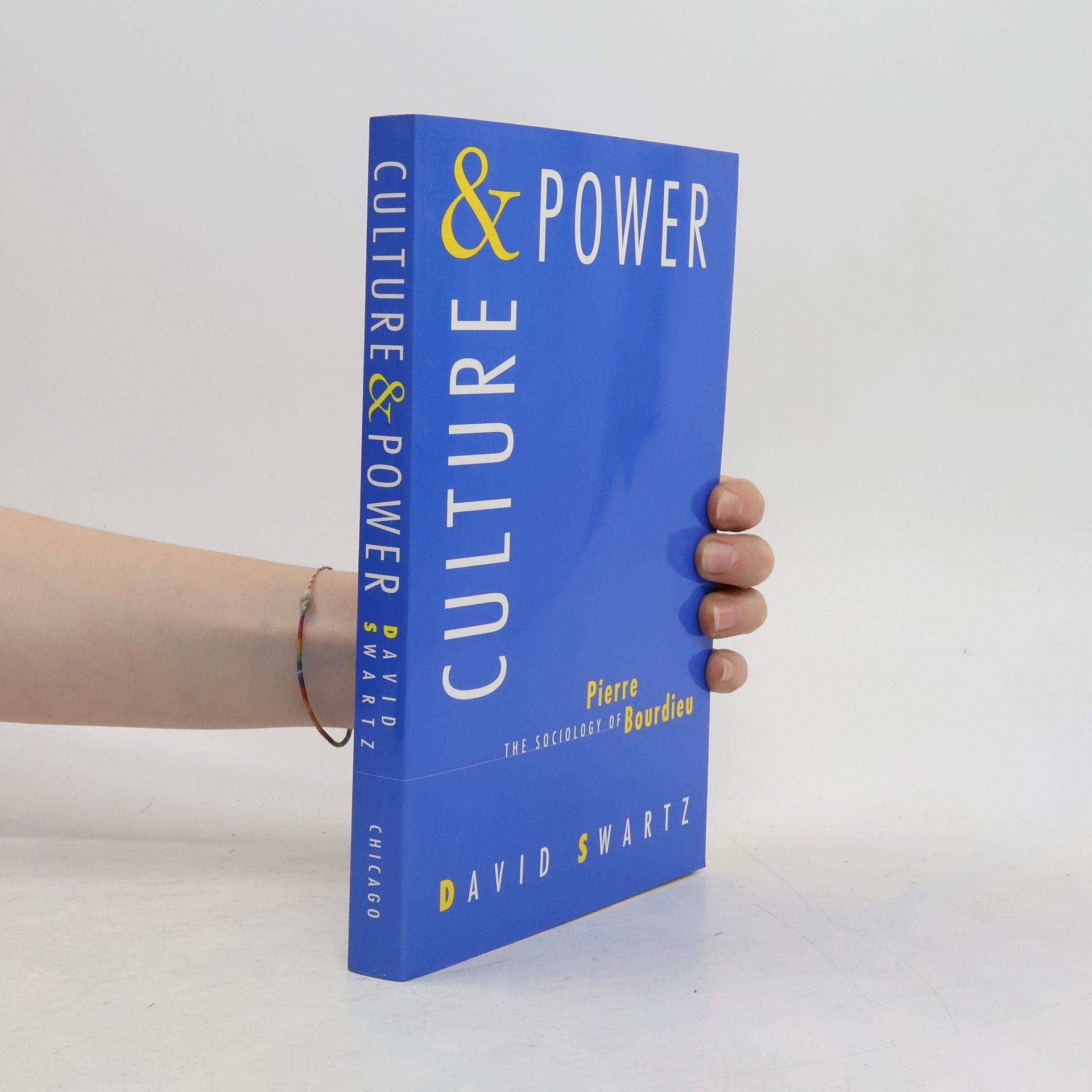Culture and Power
- 342 páginas
- 12 horas de lectura
A study of the social theorist Pierre Bourdieu's work, this work focuses on a central theme, the complex relationship between culture and power, and explains that sociology for Bourdieu is a mode of political intervention. The book aims to clarify Bourdieu's concepts and correct misinterpretations.

